About Us
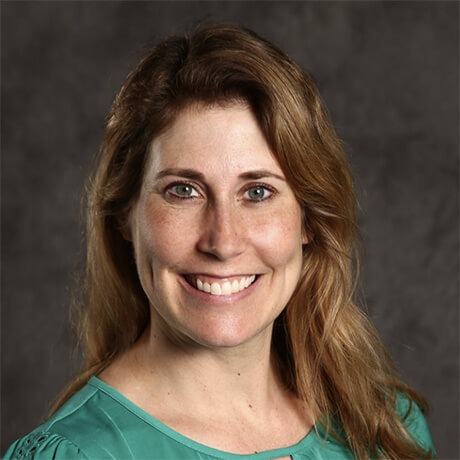
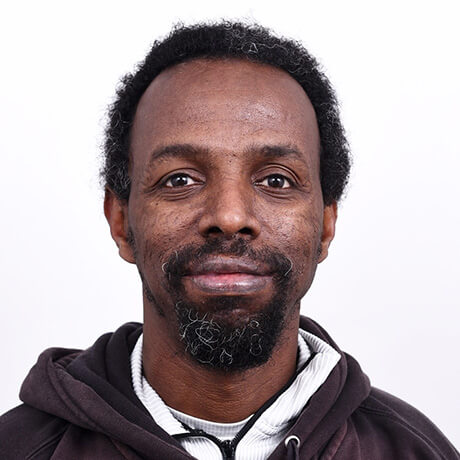
Prof. Wendemagegn Enbiale
I was actively involved in diverse areas such as outbreak management, community-based research, operational research, and clinical trials. My research contributions encompass 42 papers published in peer-reviewed journals and book chapters.
A Fellow for Ethiopian Academy of Sciences I am actively engaged in national and global health initiatives. I am serving as a member of the WHO Strategic and Technical Advisory Group for Neglected Tropical Diseases. My leadership extends also to role as the vice-chair of the International Alliance for Global Health Dermatology (GLODERM) and as a member of the advisory board of Amref Ethiopia.
Additionally, I remains actively engaged in training initiatives, having been an alumnus of the TDR lead Structured Operational Research and Training Initiative and facilitating operational research training for South East Asia and Africa.
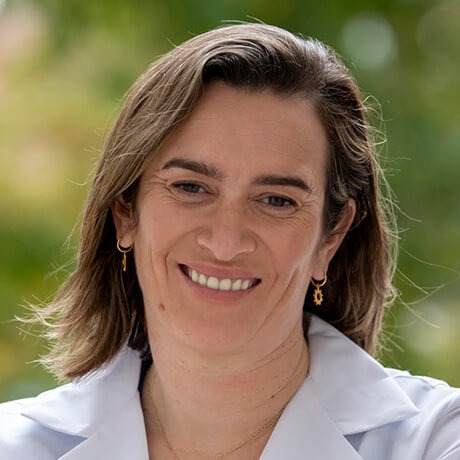
She has collaborated with the World Health Organization since 2011, to establish guidelines for the treatment of HIV-associated skin conditions in the developing world.
She has won the American Academy of Dermatology’s Member Making a Difference Award, as well as the most highly cited author in the area of epidemiology in AIDS in 2009.
Her current work centers around Kaposi’s sarcoma, a potentially deadly tumor associated with HIV that first appears on the skin.
Her work has been supported by the National Institute of Health (NIH), the American Skin Association, the Harvard Center for AIDS Research, and the Medical Dermatology Society.
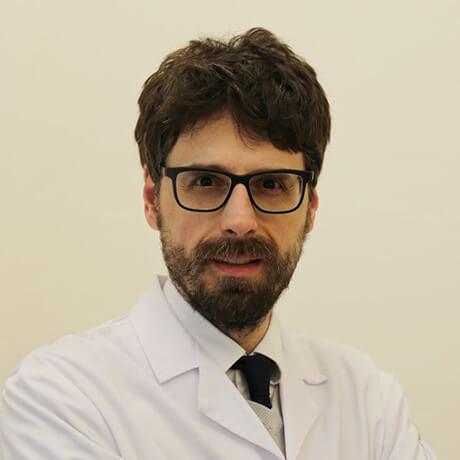
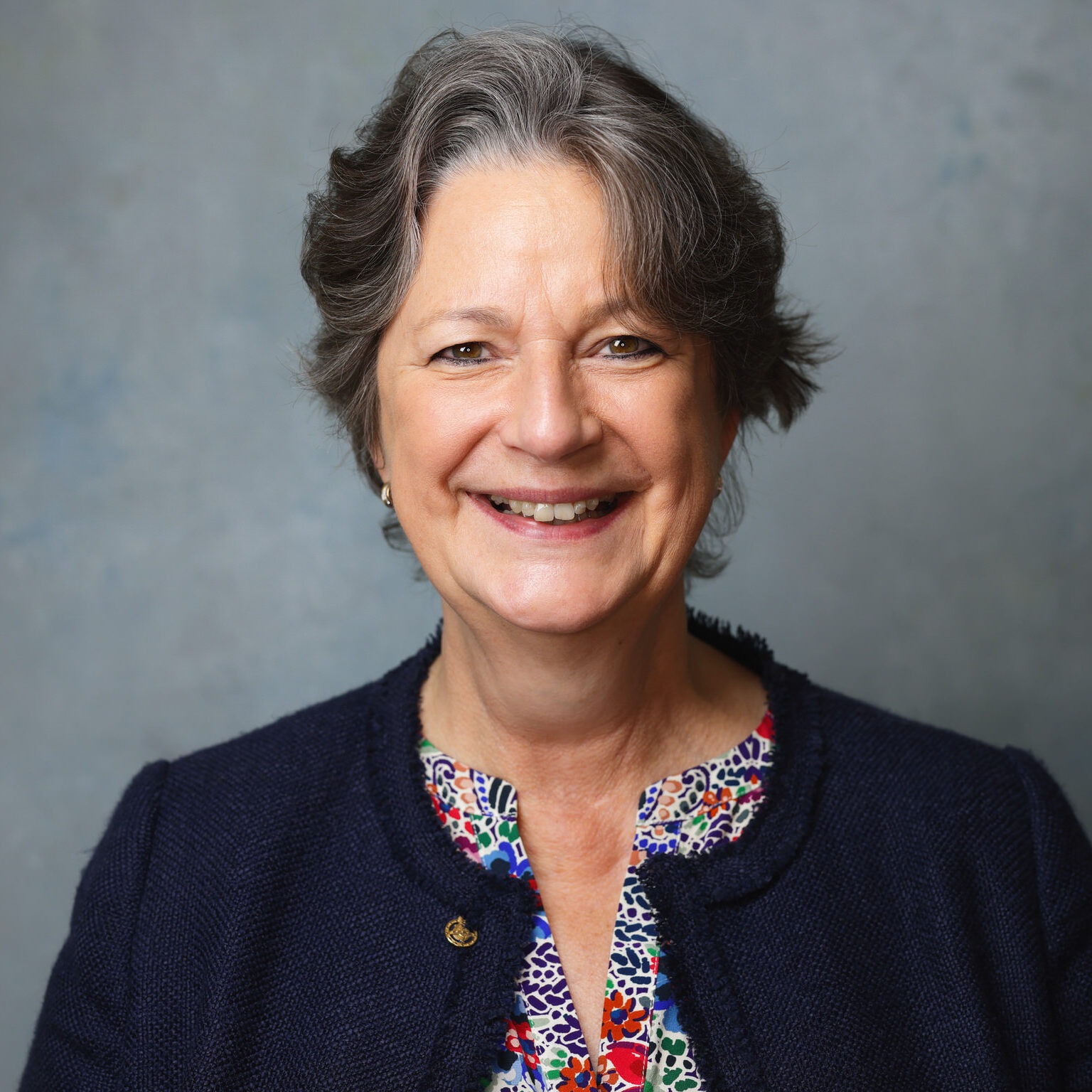
Dr. Claire Fuller
Dr Claire Fuller is a consultant dermatologist from London, UK. She is a medical dermatologist with interest in infectious and tropical dermatoses as well as multidisciplinary genital skin diseases management. She is on the leadership team of the Neglected Tropical Disease NGO Network Skin NTD Cross Cutting Group and is a founder member of GLODERM (The International Alliance for Global Health Dermatology) as well as IACS International Alliance for the Control of Scabies
Mission Statement
Skin Health for Everyone, Everywhere
Our mission is to connect dermatologists (and trainees) whose primary interests are focused on the advancement of skin health in resource-limited communities, locally and globally, through sustainable and integrated approaches to clinical care, education, research, policy, and advocacy.
Our Guiding Principles
- All people have access to appropriate care for diseases of the skin, regardless of age, gender, race, country of origin, location, and socioeconomic status (or no matter what barriers they face).
- Reducing the burden of skin disease in individuals, families, and communities through education, communication, prevention, and other public health measures.
- Providing access to training, support, and resources necessary for health providers to offer appropriate care of skin diseases for patients and communities.
- Communication and collaboration between health workers who are engaged in the activities supported by the mission of the International Alliance for Global Health Dermatology “GLODERM”.
What do we do?
Our Supporters
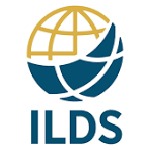
International League of Dermatological Societies
The ILDS is a unique umbrella organisation for professional dermatology organisations of all sizes. We represent dermatology at the highest level through our ‘official relations’ status with the World Health Organization (WHO), championing dermatology and skin health to ensure its inclusion in global health policy.
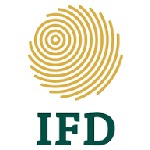
International Foundation for Dermatology
The International Foundation for Dermatology (IFD) was created in 1987 to carry out the humanitarian work of the ILDS, and supports projects in Africa, Asia Pacific and South America. The IFD is critical to helping ILDS achieve its goal of #SkinHealth4theWorld.

CeraVe
CeraVe offers a complete line of skincare products that contain three essential ceramides enhanced with a revolutionary delivery system to help restore the skin’s natural protective barrier.

Ellis Foundation
At the Ellis Foundation, we provide a way for private and corporate donors to make a positive financial impact on the lives of scholarship recipients by giving those with limited resources access to higher education.
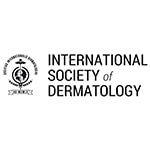
International Society of Dermatology
The International Society of Dermatology was founded by Drs. Aldo Castellani and Frederick Reiss in 1959. The organization was initially the “International Society of Tropical Dermatology”. The Society had a particular interest in global dermatology and tropical skin diseases but also had a broad interest in all aspects of dermatology as basic sciences, venereology and public health and in teaching dermatology in developing countries.
Current Leadership Team

Dr. Karolyn (Kari) Wanat
GLODERM Chair | USA

Prof. Wendemagegn Enbiale
GLODERM Vice-Chair | Ethiopia
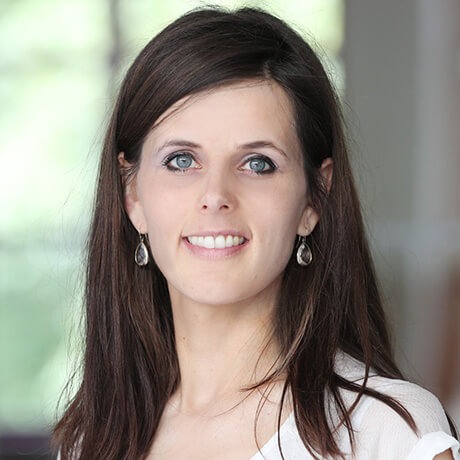
Dr. Marlous Grijsen
GLODERM Secretary Treasurer | Indonesia

Dr. Esther Freeman
GLODERM Co-founder | USA

Dr. Claire Fuller
GLODERM Co-founder | UK
